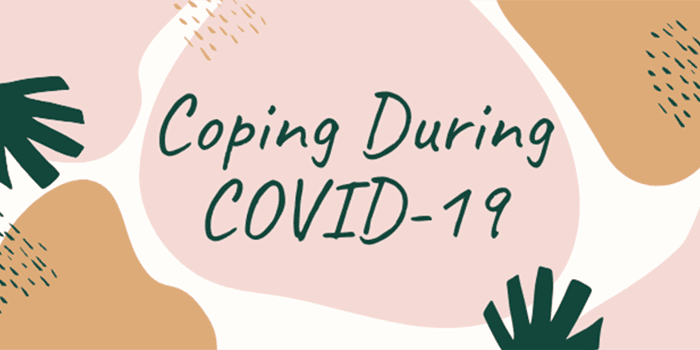In my column last week, I wrote about the lessons learnt from the pandemic in 2020. I want to wind up my column this year discussing some of the coping mechanisms we all developed thanks to Covid-19.
Over a period, as the pandemic started unfolding and peaked, we learnt to deal with it in our ways. Each of us had a different experience, and each found unique solutions that work well for them. Here are some of the antidotes and coping mechanisms I have observed people adopted to overcome the pandemic’s strain in 2020.
Isolated > Stay Busy
One of the things that hit us hard was isolation. Lockdown, partial lockdown, social distancing – all meant isolation for most of the year. No more meeting friends, colleagues, relatives. Socialising became abnormal. Children were affected even more as schools shut, and online classes glued them to the monitor.
To kill isolation, people started becoming busy. Busy with work, be it office work or housework. Even binge-watching movies and serials were part of keeping oneself occupied. Children, encouraged by parents, played wherever and whenever possible. I recall a friend who had seldom worked from home earlier enthusiastically enrolled in his company’s e-learning and training opportunities. He felt that is a better way to use the time he saved on the commute and kill the sense of working alone, in isolation. Such adaptive techniques helped evolve a positive mindset.
Uncertainty > In-control
All it took was a virus to teach us how we can lose control over our life in just a matter of days! People faced several questions, from small to mega. From how much of soaps and hand sanitizers they should be stocking to how stable their job is. Whether they would be carriers of the virus or they will get lucky—none of these issues we can control. We felt more in control when we drew boundaries about what we do, where we go, and other things. For instance, we exercised more, we took to yoga, and we popped multivitamins and immunity medicines. Experts say such things helped our brain note that there are things we still control.
A key benefit of staying at home is flexibility. A consultancy friend recalls how initially she was agitated about mornings since they were more packed than before due to increased client requests. As days passed, she juggled her routine. She realised she could take out sometime during noon to finish her housework. Many of us have used our time effectively to pursue hobbies and other interests. All these have certainly ensured we are in-control.
Toast to resilience
Another important lesson we learnt was the joy of sharing. Conversations between family, friends, and colleagues helped relieve a lot of our stress. New comradery, new bonding developed with this effort. This kind of sharing was another coping mechanism that boosted our confidence. It made us feel ‘in-control.’
Our antidotes and coping mechanism underline our resilience as a human species. It is time to raise a toast to that as it clearly indicates we have all the abilities to adapt to any crises in the future.
The views and opinions published here belong to the author and do not necessarily reflect the views and opinions of the publisher.



Be the first to comment on "Antidotes and coping mechanisms in 2020"